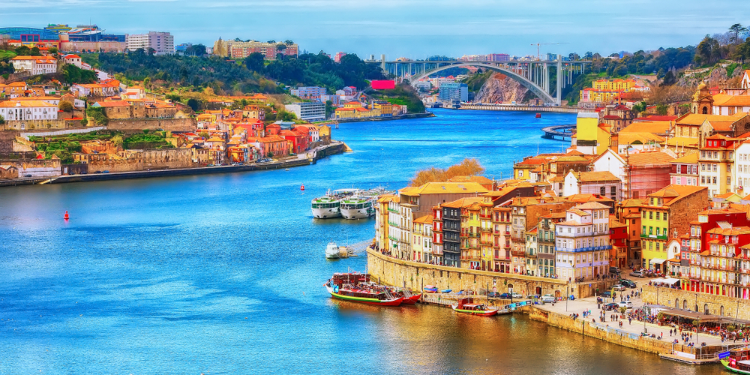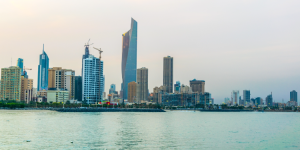
Last Wednesday, the Portuguese government launched a new visa for job seekers. This is one of Portugal's latest measures to attract foreign workers as the Portuguese labor market gradually recovers from the consequences of Covid. However, rising inflation (more than 8%) and labor shortage remain major issues.
Portugal is thus relying on this new visa intended for all profiles to reform its immigration policy. But what are the conditions to be met to obtain this visa and how is it expected to boost economic recovery?
What are this new visa's characteristics?
On Wednesday, June 15, Ana Catarina Mendes, Minister of Foreign Affairs and Parliamentarians announced the job seekers' visa. According to her, this visa mainly aims to promote safe, orderly and regulated migration and to fight labor shortages.
What's even more interesting is that this visa is addressed to anyone who wants to work in Portugal. In other words, there's no geographical limit. Besides, foreign nationals seeking jobs in Portugal have 120 days to do so, and can extend their visa for an additional 60 days -- which makes a total of 180 days. The conditions for obtaining it are, therefore, very specific. Job seekers can stay in Portugal for a maximum of 6 months. So it's clear that this is a short-term visa that aims at strengthening sectors that are currently facing a labor shortage, such as tourism or agriculture.
Which sectors are currently facing a labor shortage in Portugal?
Sectors like tourism, catering and agriculture, that are more likely to hire seasonal expat workers, have high hopes on this visa, considering the summer. Unfortunately, foreign workers who left the country before the Covid pandemic are not coming back in spite of incentives announced by employers. A monthly salary of 700 euros no longer looks attractive, although employers' offer to take part of full responsibility for accommodation and provide other bonuses. It's worth noting that the tourism sector alone suffers from a shortage of more than 50,000 workers.
Meanwhile, the Portuguese government is looking to reduce illegal immigration through this visa. Human rights associations seek greater protection for these seasonal workers, who are more exposed than others to human trafficking. Agriculture, which requires a lot of labor in the spring and summer for picking fruits and vegetables, is mainly targeted. Foreign workers, often considered cheaper than the local workforce, increase competitiveness among Portuguese farms. At the same time, the Portuguese agricultural sector continues to grow due to the increasing demand from the rest of Europe.
The Group of Experts on Action against Trafficking in Human Beings (GRETA) demanded that the Portuguese government provides more protection to these foreign workers, especially asylum seekers. By abolishing the quota policy, which was in force until then, the government wants to promote legal immigration to meet the local labor market's needs through this visa. However, no information has been provided yet as to how the rights of seasonal foreign workers will be protected.



















